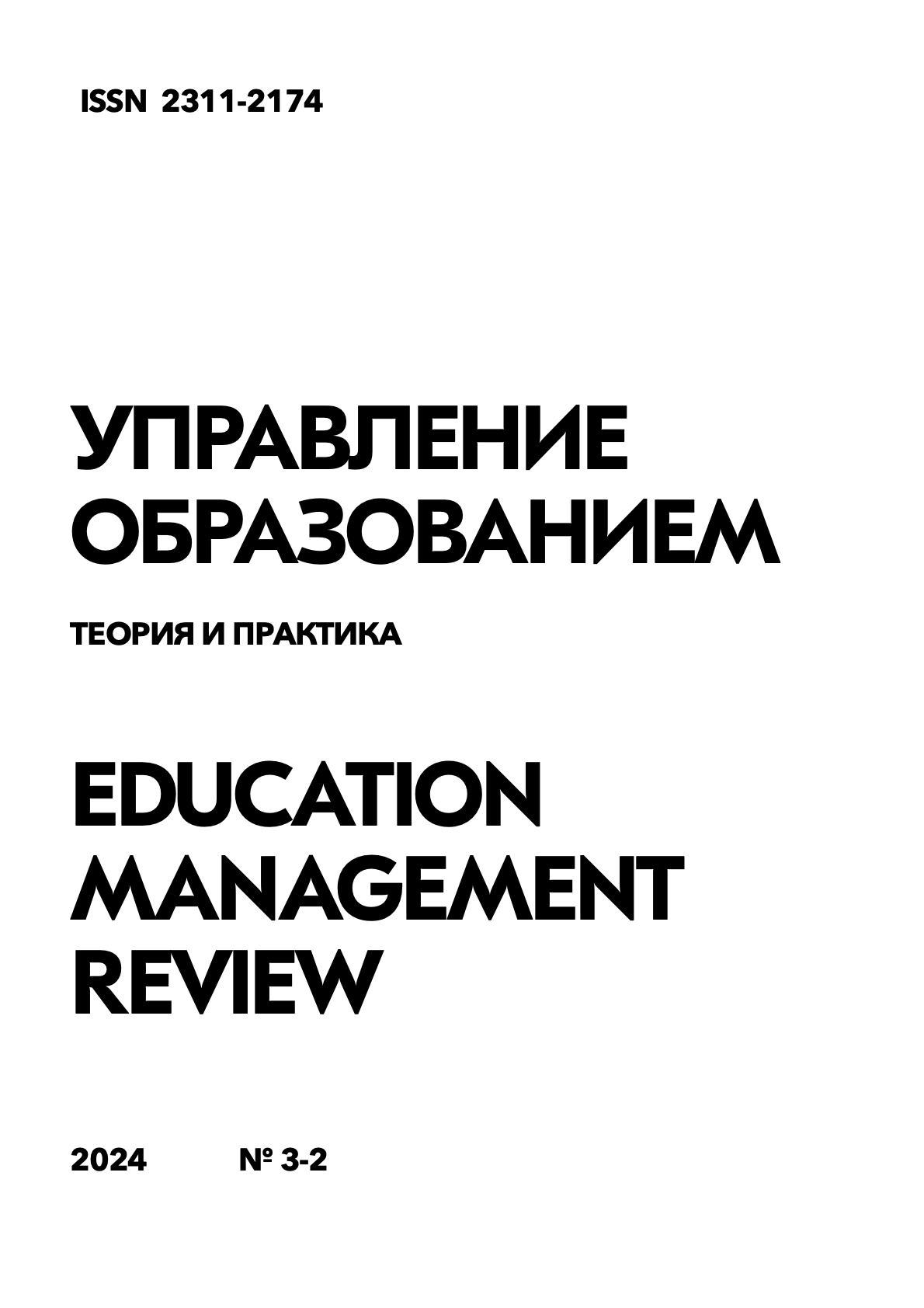Breath control during soprano vocal training
DOI:
https://doi.org/10.25726/h0174-9262-8166-jKeywords:
soprano, training, vocal, breathing, exercises, breath controlAbstract
Within the framework of this article, the problems of the formation of breathing control skills in teaching soprano vocals are considered. The author emphasizes the importance of proper breathing for good vocal performance, considering not only the role of the respiratory process in the work of the organs involved in the pronunciation of the text and voice, but also the influence of breathing on the sound quality and expressiveness of performance. When analyzing the stated issues, the author considers the correct taking of breath before starting singing, avoiding hyperventilation on specific letters, maintaining the correct posture and facial expressions during the performance. The article also touches on various types of breathing, their effect on the voice and the vocal capabilities associated with it. According to the author of the article, soprano vocal training includes the development of breathing control skills, the study of the term «support of breathing» and types of sound attacks. The teacher should pay attention to the variety of attacks and breath control in order to achieve expressive performance, including through constant exercise and breathing practices (for example, the «iron shirt» breathing technique). As a result of the research, the author comes to the conclusion that the timbre of the soprano voice is formed under the influence of the anatomy of the vocal apparatus, the work of vocal folds, breathing and resonators, and requires coordinated work of these elements to create high-quality sound necessary for successful performance and professional development of the vocalist.
References
Горбунова Т.В., Светлова О.А. Мелодическая орнаментика в классе сольного пения (методы работы над штриховой палитрой). Новосибирск: Новосибирская государственная консерватория имени М.И. Глинки, 2019. 48 с.
Круглова Е.В. Виртуозы высокого ранга // Музыка и время. 2022. № 8. С. 24-28.
Сраджев В.П., Юй Ч., Ян Ц. Самостоятельные занятия в области вокально-технического развития в начальный период обучения вокалиста // Проблемы и перспективы совершенствования начального периода обучения академическому пению. Белгород, 2023. С. 79-86.
Старцева Д.В. Значение вокальных упражнений в развитии певческих навыков будущих педагогом музыкантов // Интеграция искусств в современном художественном образовании. Орел, 2021. С. 132-137.
Юркина О.В. Обучение эстрадному вокалу: основные компоненты современных вокальных техник // Педагогика и психология в современном мире: теоретические и практические исследования. М., 2023. С. 57-67.
Юэ С. Методика обучения академическому пению // Современная наука: актуальные вопросы, достижения и инновации. Пенза, 2024. С. 155-163.




